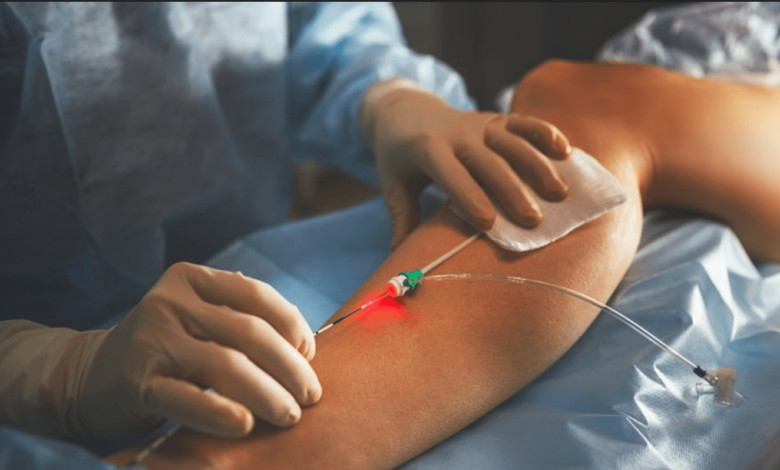Learn All About What Does a Vascular Surgeon Do?

When it comes to the intricate network of blood vessels in our bodies, a group of specialized medical professionals play a vital role in ensuring our circulatory system stays in tip-top shape. These unsung heroes are known as vascular surgeons. In this article, we’ll delve into the world of vascular surgery and explore what does a vascular surgeon do to keep our blood flowing smoothly.
Understanding Vascular Surgery
Diagnosis and treatment of disorders related to blood vessels, excluding the heart and brain. Vascular surgeons are highly trained experts in managing various vascular conditions, from common issues like varicose veins to life-threatening emergencies such as an aortic aneurysm.
The Role of a Vascular Surgeon
- Diagnosis and Evaluation
Vascular surgeons start by diagnosing patients’ conditions. They use a variety of diagnostic tools, including ultrasound, angiography, and CT scans, to assess the extent and severity of vascular diseases. - Treatment Planning
Once a diagnosis is made, vascular surgeons develop c needs. These plans may include medical management, minimally invasive procedures, or open surgeries. - Minimally Invasive Procedures
Vascular surgeons are skilled in performing minimally invasive techniques such as angioplasty, stenting, and endovascular repair. These procedures involve small incisions and result in quicker recovery times for patients. - Open Surgeries
In cases where minimally invasive procedures are not suitable, vascular surgeons perform open surgeries to repair or replace damaged blood vessels. This could involve bypass grafting or vascular reconstruction.
Common Conditions Treated
- Atherosclerosis
Vascular surgeons frequently treat atherosclerosis, a condition where fatty deposits. - Peripheral Artery Disease (PAD)
PAD affects blood flow to the extremities, often causing pain and reduced mobility. Vascular surgeons can restore proper blood flow through procedures like angioplasty. - Varicose VeinS.
Training and Expertise
- Extensive Education
Becoming a vascular surgeon is a lengthy process, involving undergraduate education, medical school, a surgical residency, and specialized training in vascular surgery. This rigorous path ensures that vascular surgeons are well-prepared to handle complex cases. - Board Certification
Vascular surgeons must obtain board certification, which requires passing a comprehensive examination. This certification ensures that they meet the highest standards of competence and expertise in their field. Read more…
Conclusion
In summary, what does a vascular surgeon do that plays a crucial role in maintaining the health of our circulatory system? They diagnose, treat, and manage various vascular conditions, ensuring that blood flows smoothly throughout our bodies. Their expertise and advancements in medical technology allow them to provide effective treatments with minimal invasiveness, promoting faster recovery and improved quality of life for their patients.
Frequently Asked Questions
1. Is vascular surgery only for elderly individuals?
No, vascular conditions can affect people of all ages. While some conditions like atherosclerosis, are more common in older adults, others, such as congenital vascular anomalies, can be present from birth.
2. Are there any lifestyle changes that can prevent vascular issues?
Maintaining a healthy lifestyle can significantly reduce the risk of vascular conditions. This includes regular exercise, a balanced diet, avoiding smoking, and managing conditions like hypertension and diabetes.
3. What is the recovery time for minimally invasive vascular procedures?
Recovery times vary depending on the procedure and individual patient factors. However, minimally invasive procedures typically involve shorter hospital stays and quicker recoveries compared to open surgeries.
4. Are vascular surgeons also trained in heart surgery?
Vascular surgeons specialize in blood vessel disorders but do not perform heart surgeries. Cardiothoracic surgeons typically perform heart surgery.
5. How can I find a qualified vascular surgeon near me?
You can start by asking your primary care physician for a referral. Additionally, reputable medical institutions and online directories can help you locate qualified vascular surgeons in your area.




